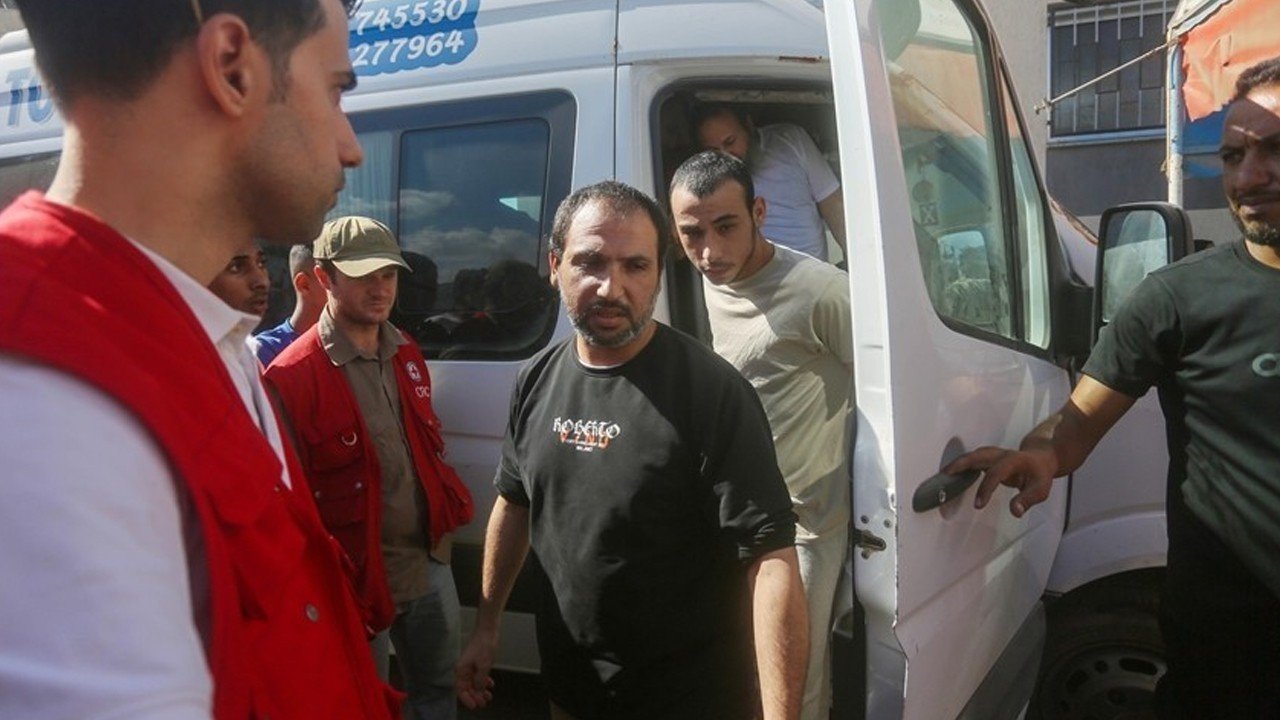
Pakistan Palestinian Prisoners: Among Potential Destinations for Exiled Palestinian Prisoners
Pakistan has emerged as one of the possible destinations for 154 Palestinian prisoners recently exiled to Egypt following a hostage swap agreement between Israel and Hamas. The development has placed Pakistan at the center of an evolving diplomatic narrative in the Middle East, as international negotiations continue regarding the resettlement of these prisoners.
Background of the Hostage Swap
The recent hostage exchange between Israel and Hamas was part of a fragile and complex negotiation process aimed at easing ongoing tensions in Gaza. As part of this deal, 154 Palestinian prisoners—many of whom had been serving life sentences for decades—were released from Israeli prisons. However, instead of being sent back to Palestinian territories, these men were transported to Egypt, where they now reside in a state of temporary exile.
The prisoners are currently housed in a Cairo hotel under strict surveillance, with their movement restricted and future uncertain. Despite their release, they have not been granted full freedom, as discussions continue over which countries might agree to offer them long-term resettlement.
Diplomatic Efforts and Financial Support
Qatar has reportedly stepped in to cover the costs of the prisoners’ accommodation in Egypt, highlighting Doha’s growing influence as a regional mediator. Qatar has been actively involved in back-channel diplomacy between Hamas, Israel, and Egypt, often serving as a key facilitator in humanitarian and political negotiations.
While the prisoners’ immediate needs are being met, their long-term future remains unclear. Diplomatic talks are ongoing, with several Muslim-majority nations—including Pakistan, Turkey, and Malaysia—being considered as potential destinations for permanent relocation. These discussions involve a delicate balance between humanitarian responsibility, domestic political considerations, and international diplomatic sensitivities.
Pakistan’s Potential Role and Challenges
Pakistan’s inclusion among possible host countries underscores its historical support for the Palestinian cause and its consistent stance on the Israel-Palestine conflict. For decades, Pakistan has advocated for Palestinian statehood and has refrained from establishing diplomatic relations with Israel. Hosting the exiled prisoners would align with Islamabad’s political and moral support for the Palestinian struggle, while also enhancing its diplomatic profile in the Muslim world.
However, such a move would also present significant challenges. Pakistan would need to navigate complex geopolitical implications, including potential reactions from Western nations and regional powers. Additionally, the government would have to ensure that the resettlement process aligns with national security interests and public sentiment.
Regional and International Implications
The situation of the exiled Palestinian prisoners highlights the broader humanitarian and political dimensions of the Middle East crisis. It raises questions about international responsibility and the treatment of individuals caught in prolonged conflicts. The final decision on where these men will be resettled could set a precedent for how future political exiles and prisoners of war are handled in the region.
If Pakistan ultimately agrees to host some or all of these individuals, it would mark a significant humanitarian gesture and a reaffirmation of its commitment to Muslim solidarity. At the same time, it would place Pakistan within a sensitive geopolitical framework that continues to shape the modern Middle East.







